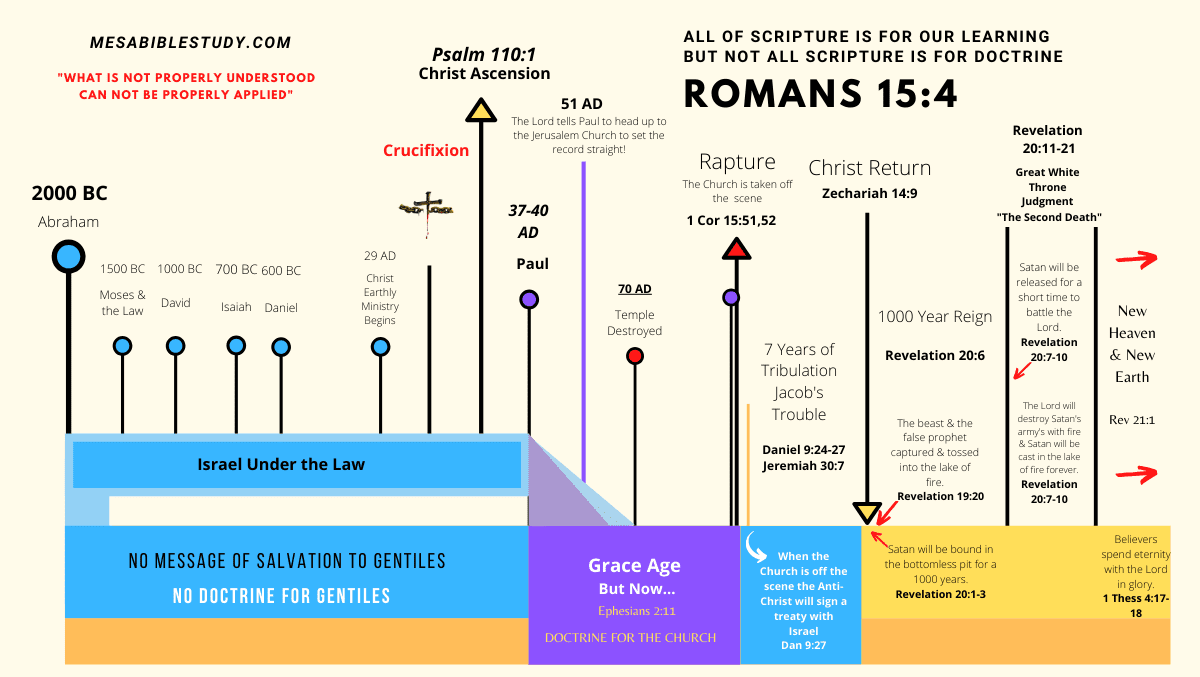Doctrine for the Body of Christ is Found in Romans to Philemon But We Study ‘ALL’ of Scripture “Romans 15:4”
Romans 15:4a
‘For whatever things were written before (In other words, before God called Paul to be the apostle to the Gentiles) were written for our learning,…
Learning
So what’s the difference between learning and doctrine? All the difference in the world. Learning is the building blocks, the background to how we got to this unbelievable gospel of grace for mankind today, and what’s ahead. How did it happen that Christ was crucified? How did it happen that He ascended back to Glory? Why did God need a thirteenth apostle, the apostle Paul? This is all building the foundation for where we are today in this age of grace.
Doctrine
Doctrine, on the other hand, tells us how to be saved, how to live the Christian life, what to look for at the end time. That’s in Paul’s epistles. But all of Scripture is for our learning. Now the second half of verse four.
Romans 15:4b
that we (as the body of Christ, in the age of grace) through the patience and comfort of the Scriptures might have hope.’
The world is in perplexity today. Even before the coronavirus, the world was in chaos and uncertainty. The dilemma that the whole world finds its self in is ‘perplexing’. Mankind doesn’t know what to do, there are no real solutions because mankind can provide no solution. The Lord Himself made it so clear that in the last days the world would be filled with ‘perplexity’.
But through the patience and comfort (encouragement) of the Scriptures (as we study ALL of Scripture Old & New Testament we learn) we might have hope (and as we learn what is for our learning and what is for our doctrine, we understand that what is going on in the world is all part of God’s design. And we have nothing to worry about. God is in control). That’s the hope.
God hasn’t left mankind (all mankind saved and unsaved) in a fog about what we are to know about Him. We have His word and it is clear for anyone that wants to know. As for believers, we are commanded to study His word because it is the body of Christ’s only resource for our existence during our earthly sojourn.
Study don’t Just Read your Bible…
Recommended reading. (2-minute read)

0 Comments